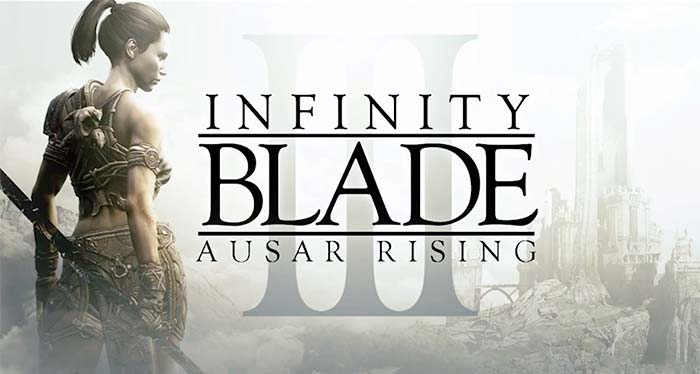The military has been using video games to help veterans with their recovery from physical and emotional trauma. To most gamers, this probably won’t come as a huge surprise: video games enable us to do what we can’t do in the real world; they provide us with an escape and permit us to make achievable benchmarks at our own pace. Video games also allow us to experience something, and the immersion they provide can offer the experience of playing a role (or trying it out) or being moved by something emotional happening in the game in a very healing way.
For veterans, video games allow them to really do something: they can communicate with teams, take time to themselves or experience character progression as their recoveries move forward in real life.
Physical and Emotional Recovery with Video Games
There are many aspects to recovering from the physical and emotional trauma of war. Veteran Mike Monthervil uses adaptive video game controllers at the VA (Veterans Affairs). Without the use of his legs, he can still participate in the game.
Through the use of adaptive controllers, his limited hand motions are still essential to gameplay. Additionally, it’s something he does therapeutically, and the VA even covers the cost of the gaming controllers, which are deemed to be medical equipment essential for recovery.
Why does the VA support this route for Monthervil? It keeps him active, supports his improvement and makes therapy more than enjoyable: it’s fun, providing him with a source of entertainment.
Video games can also help veterans like Monthervil avoid pitfalls many face in recovery, such as substance abuse. With up to 80% of veterans suffering from PTSD and other mental health issues often resulting from their time in service, video games provide a routine, an escape and an activity to look forward to each day. In this fashion, video games can aid recovery and even prevent homelessness in veteran populations.
The Unfolding Healing Process: Unpacking Layers of Trauma
In survival and mission-focused situations, veterans once had to put their emotions aside to get the job done. After doing that for years, they must now sift through layers of physical and emotional trauma from their time in the military.
This involves a fair amount of care from the VA, including appointments with many doctors and specialists. Participation in video games can assist veterans with multiple injuries and traumas as well as the re-adjustment to civilian life.
Needless to say, the layers of trauma and treatment are complex. For the doctors and therapists treating the veterans, providing a feeling of progression can feel like a real slog; however, video games can help. As characters level up, learn more and reveal their own complexities, video game players can feel encouraged to do the same.
Therapeutic Gaming for Veterans
It’s not always best to face one’s trauma, but sometimes it’s time, under the guidance of a therapist. Additionally, service members who have suffered trauma may long for the military lifestyle, having been forced to medically retire before they were otherwise ready to leave the military behind.
Games such as Call of Duty can help here. Often blamed for fetishizing war and bloodshed, Call of Duty provides a first-person, potentially immersive experience to players in a war environment.
Under the guidance of a therapist, Call of Duty and similar games can provide veterans with a means to sustaining a civilian lifestyle, confronting fears and safely experiencing the military life they still long for. Therapists can align games like Call of Duty with a recovering veteran’s goals for maximum success.
Goal-Focused Gaming for Veterans
In any recovery program, patients identify, track and achieve goals. For veterans coping with emotional and physical trauma, gaining employment outside of the military is a typical goal. Having a regular video game routine can provide the structure reminiscent of their military duties and prepare veterans for lives in compatible jobs.
Some veterans also fully apply their discipline to video games, even becoming professional gamers. With a steel discipline built upon persistence, military veterans often make phenomenal competitive gamers, and it provides them with an avenue for their practiced skills.
In addition to all the other benefits mentioned, video games create a way for veterans to bond. Specifically for men, who are conditioned by society and military life to avoid discussing their emotions, video games are a conversation starter, a way to bond without the pressure of discussing deep subjects and an avenue for finding and strengthening friendships with other veterans and beyond.
Undoubtedly, these video games have the power to help heal and encourage veterans to talk about their experiences at their own comfort levels: essential aspects of recovery.






